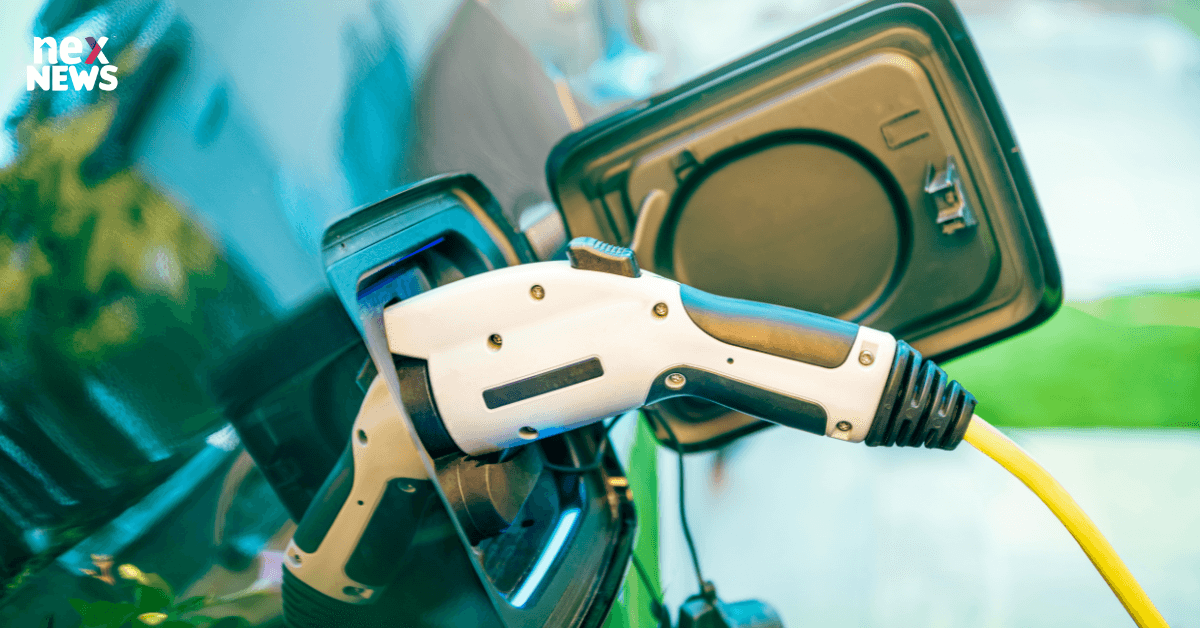In recent years, there has been a notable shift in the automotive industry towards sustainability and environmental consciousness. This shift has breathed new life into the concept of electric vehicles (EVs), which are rapidly gaining prominence as a cleaner and more efficient alternative to traditional internal combustion engine (ICE) vehicles. The 21st century is witnessing a remarkable resurgence in the popularity and viability of electric vehicles, driven by technological advancements, environmental concerns, and changing consumer preferences.
Introduction
As the world grapples with the consequences of climate change and pollution, the automotive industry is undergoing a significant transformation. Electric vehicles have emerged as a compelling solution to reduce carbon emissions and combat air pollution, contributing to a greener and more sustainable future.
Historical Context of Electric Vehicles
The concept of electric vehicles is not new; in fact, it dates back to the 19th century. Early electric vehicles enjoyed a degree of popularity due to their quiet operation and absence of tailpipe emissions.
Challenges Faced by Early Electric Vehicles
Despite their initial promise, early electric vehicles faced challenges such as limited range, lengthy recharging times, and the lack of a robust charging infrastructure.
Technological Advancements: The Turning Point
The 21st century brought about remarkable technological advancements that revitalized the electric vehicle industry. Breakthroughs in battery technology, electric drivetrains, and materials science led to more efficient and practical electric vehicles.
Environmental Benefits of Electric Vehicles
One of the most significant advantages of electric vehicles is their positive impact on the environment. By eliminating tailpipe emissions and reducing dependence on fossil fuels, EVs play a crucial role in mitigating climate change and improving air quality.
Economic Incentives and Government Support
Governments around the world are offering incentives to promote the adoption of electric vehicles. These incentives include tax credits, rebates, and access to carpool lanes, making EVs an attractive choice for environmentally conscious consumers.
Infrastructure Development: Charging Stations
The proliferation of charging stations is vital to the widespread adoption of electric vehicles. The establishment of a robust charging infrastructure addresses "range anxiety" – the fear of running out of battery – and makes EVs more convenient for daily use.
Range Anxiety and Battery Innovations
Battery technology continues to evolve, extending the range of electric vehicles and reducing charging times. This progress is crucial in overcoming range anxiety and making EVs suitable for long-distance travel.
The Role of Electric Vehicles in Reducing Emissions
Transportation is a significant contributor to greenhouse gas emissions. Electric vehicles, with their zero tailpipe emissions, can play a pivotal role in achieving emissions reduction targets and combating climate change.
Impact on the Energy Grid
The mass adoption of electric vehicles poses challenges and opportunities for the energy grid. Managed properly, EVs can serve as energy storage units, helping to balance supply and demand on the grid.
Electric Vehicles in the Luxury Segment
Luxury car manufacturers are embracing electric technology, creating high-performance electric vehicles that cater to luxury and sustainability enthusiasts alike.
The Rise of Electric SUVs and Trucks
Electric SUVs and trucks are gaining traction in the market, addressing consumer preferences for larger vehicles while offering the benefits of electric propulsion.
Barriers to Widespread Adoption
Despite their advantages, electric vehicles face challenges such as higher upfront costs, limited model variety, and concerns about charging infrastructure reliability.
The Global Electric Vehicle Market
The electric vehicle market is experiencing rapid growth globally, with increasing investments in research, development, and production from both established automakers and new entrants.
Conclusion
The 21st century is witnessing a remarkable resurgence of electric vehicles, driven by technological advancements, environmental consciousness, and a shifting automotive landscape. With benefits ranging from reduced emissions to improved air quality, the electric vehicle revolution is transforming how we view transportation.


POST A COMMENT (0)
All Comments (0)
Replies (0)